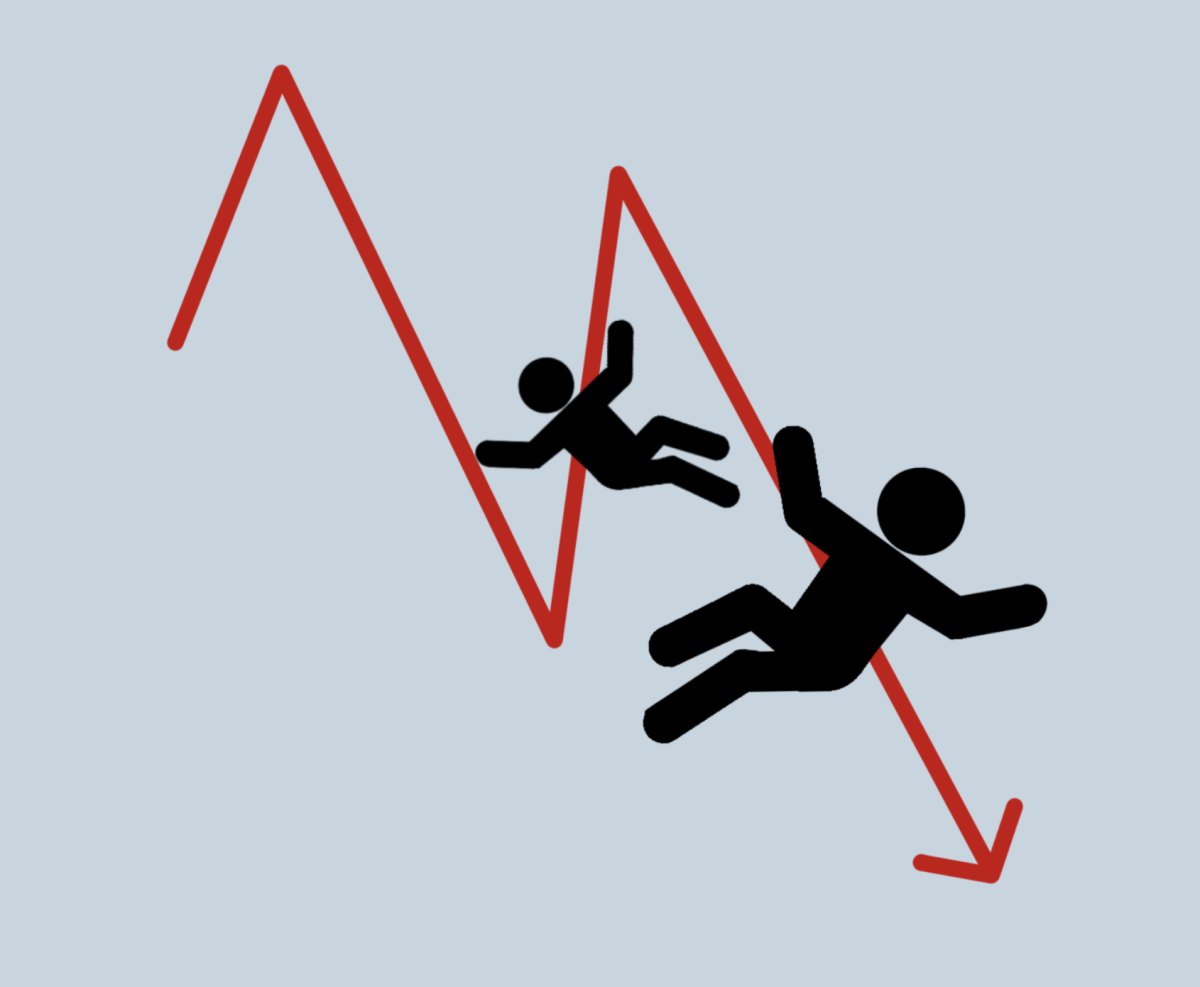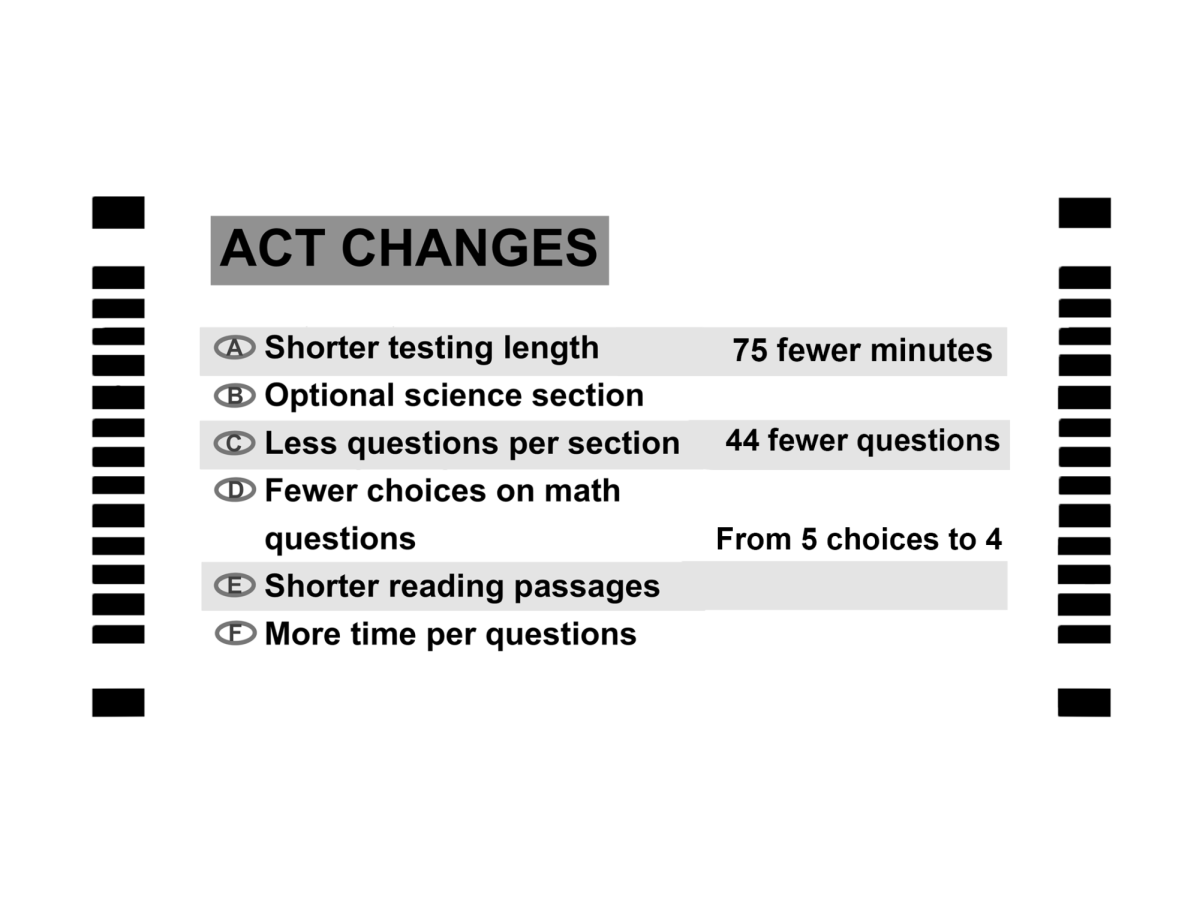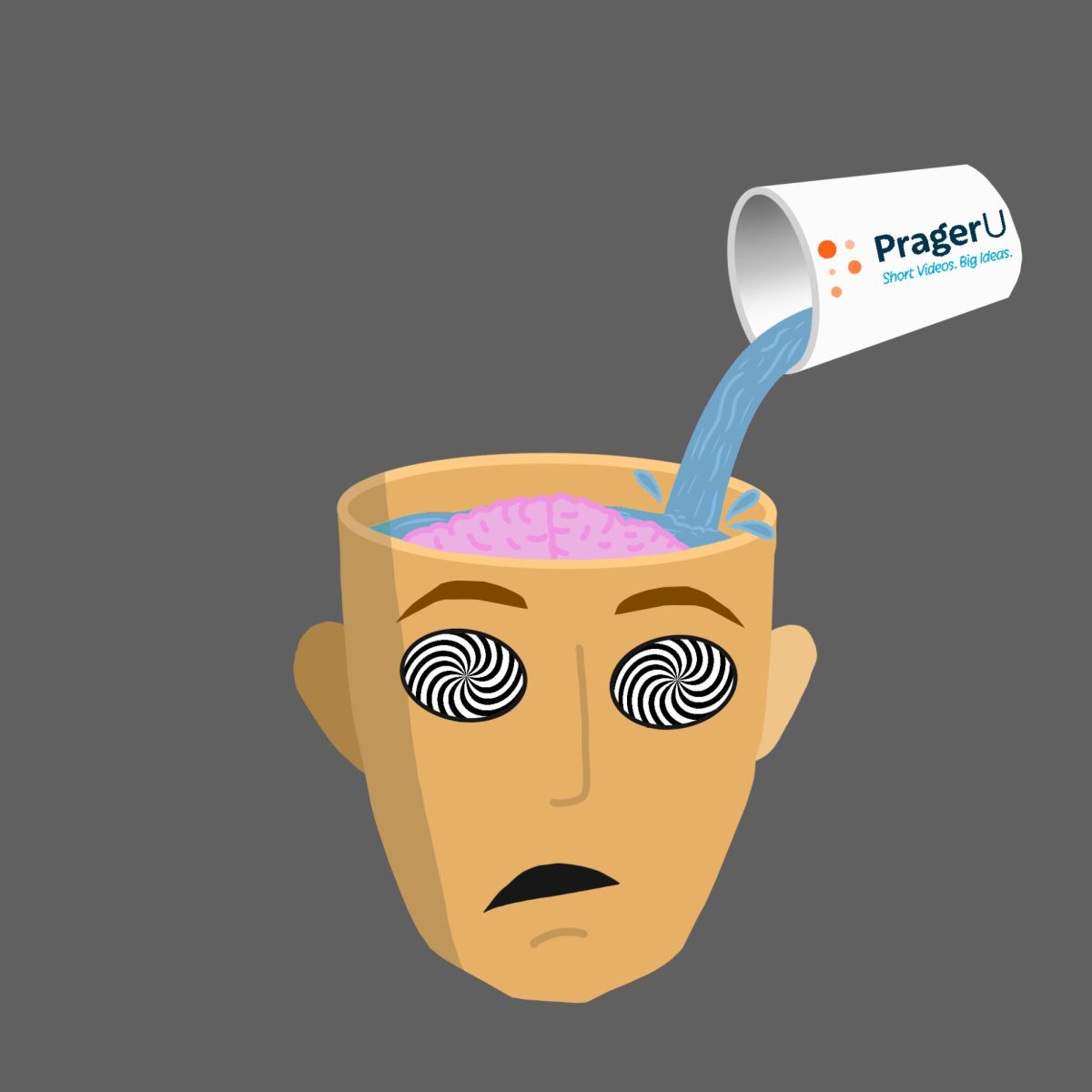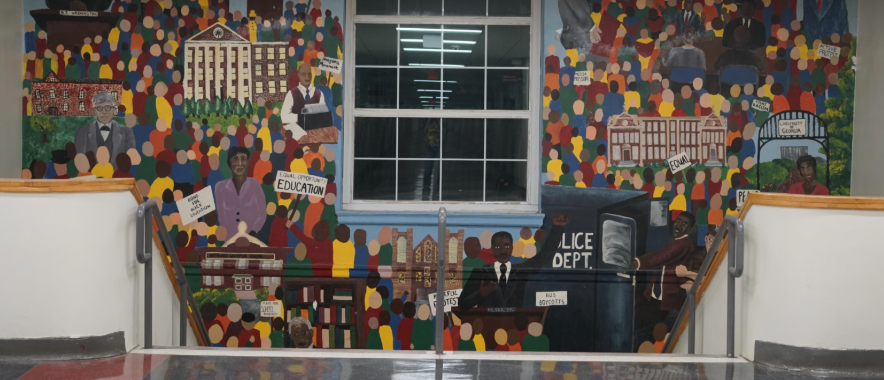For decades, American education officials and the Department of Education have relied on standardized tests to measure and adapt the United States education system. Since the COVID pandemic in 2020, officials have blamed the virus and children being out of schools for America’s backward movement in education and college readiness. However, COVID isn’t fully to blame, and we need to recognize and address the issue of school-level accountability.
Based on research published by the Northwest Evaluation Association (NWEA) — the company that produces and administers MAP (Measure of Academic Progress) standardized tests to over 3.5 million students nationally — students across the country are still backsliding after COVID. Students in most grades showed slower than average growth in math and reading when compared with students before the pandemic. That means learning gaps created during the pandemic are not closing — if anything, those gaps may be widening.
Students’ scores on the National Assessment of Educational Progress, a federal exam administered to over 15,000 randomly selected students nationally, showed that students in most states and across almost all demographic groups had experienced troubling setbacks, especially in math. Furthermore, national math and reading test results for 13-year-olds hit their lowest level in decades last month. The 13-year-olds scored an average of 256 out of 500 in reading and 271 out of 500 in math, which is down from average scores of 260 in reading and 280 in math pre-COVID.
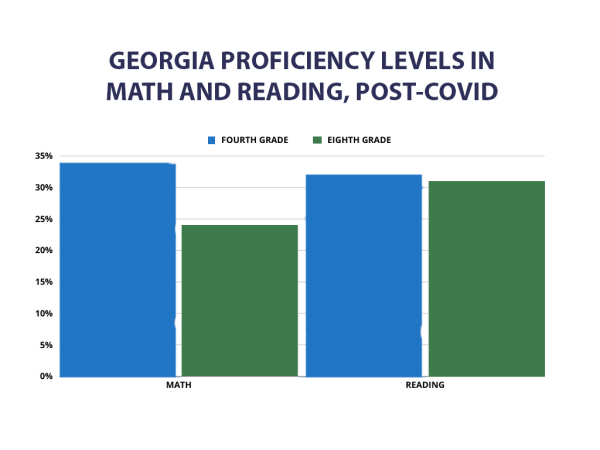
Achievement declined across lines of race, class and geography. In math, especially vulnerable children — including Black, Native American and low-income students — experienced the biggest drops.
These numbers paint a grim picture: American students nationwide are doing worse and worse on standardized tests, despite over $263 billion of additional education funding since 2020. Atlanta Public Schools received $234 million of these funds to spend with relatively little oversight from the federal government, which was set aside “to address learning loss through the implementation of interventions, such as summer learning or summer enrichment, extended day, comprehensive afterschool programs, or extended school year programs.”
APS’s recognition of this issue of learning loss is a step in the right direction; however, some of the district’s other policies negatively affect student and school-level accountability, hurting students and potentially further paralyzing APS students.
In the 2023-2024 school year, APS enacted a new district-wide policy that missing formative assignments will now receive a grade of 50 percent, not 0 percent. This policy makes students less accountable for their work and grades, which will only make the issue of student progress progressively worse and worse, as students will be able to receive better grades for less work and effort. This means that eventually both Midtown and APS will likely backslide in standardized student performance.
While it’s understandable that schools and districts want to provide some leeway for students during these challenging times, policies that reduce accountability can have unintended consequences. The decision by APS to give a grade of 50 percent for missing assignments may seem like a compassionate response to the difficulties students face, but it will ultimately hinder their growth and achievement.
Accountability in education is not about supporting students’ grades; it’s about supporting students’ knowledge. When students are held accountable for their assignments and performance, they are more likely to develop essential skills, such as time management, discipline and a strong work ethic. These qualities are not only crucial for success in school but also for their future endeavors, whether college or the workforce.
Reducing accountability by awarding partial credit for missing assignments may create a short-term illusion of success, but it does little to address the underlying problems in education. Education is a long-term investment, and shortcuts that sacrifice academic rigor can lead to harmful consequences.


